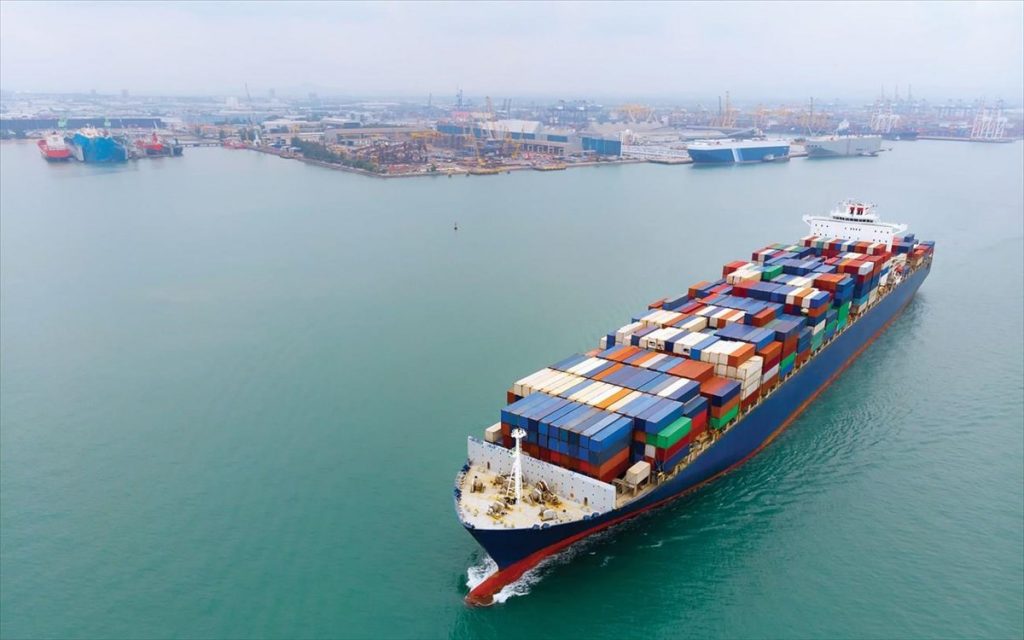International shipping is taking the future of the industry into its own hands, with Greek shipowners playing a leading role, as seen from the conclusions of the international conference recently held in Glasgow by the International Chamber of Shipping (ICS).
The conference, entitled “Shaping the Future of Shipping”, brought together more than 100 international shipping actors, including CEOs of major shipping companies, presidents of collective shipping bodies, ministers and other government officials, representatives of major energy and other energy companies. . Its main object is the divest of shipping from coal by 2050.
As can be seen from the text adopted at the end, a credible shipping route towards de-carbonization presupposes the development of green technologies and fuels and possible ways of funding research and development in this direction. It also requires the recognition of the involvement of all actors involved in the shipping “value chain”, such as energy companies, ports, technology companies, manufacturers, shipowners.
This is a firm position of the Greek side that is gaining ground internationally. The lack of investment in the development of green technologies is the biggest threat to achieving the carbon emission targets, the statement said. The conference also decided to create a platform for the exchange of views and a “hub” with the participation of all parties in the “value chain”.
Greek presence
Greek Minister of Shipping, Giannis Plakiotakis, was present stressing the leading role that Greece will play in the adoption of shipping decarbonization policies. He also referred to the global information campaign “Navigating the Future of Sustainable Shipping” launched by the EU to address the challenges of climate change.
Greece according to Mr. Plakiotakis, “will contribute decisively to the adoption of sustainable coal emission policies for the benefit of the environment and for a sustainable future of shipping, which plays a strategic role for our nation, the EU and the whole world”.









































